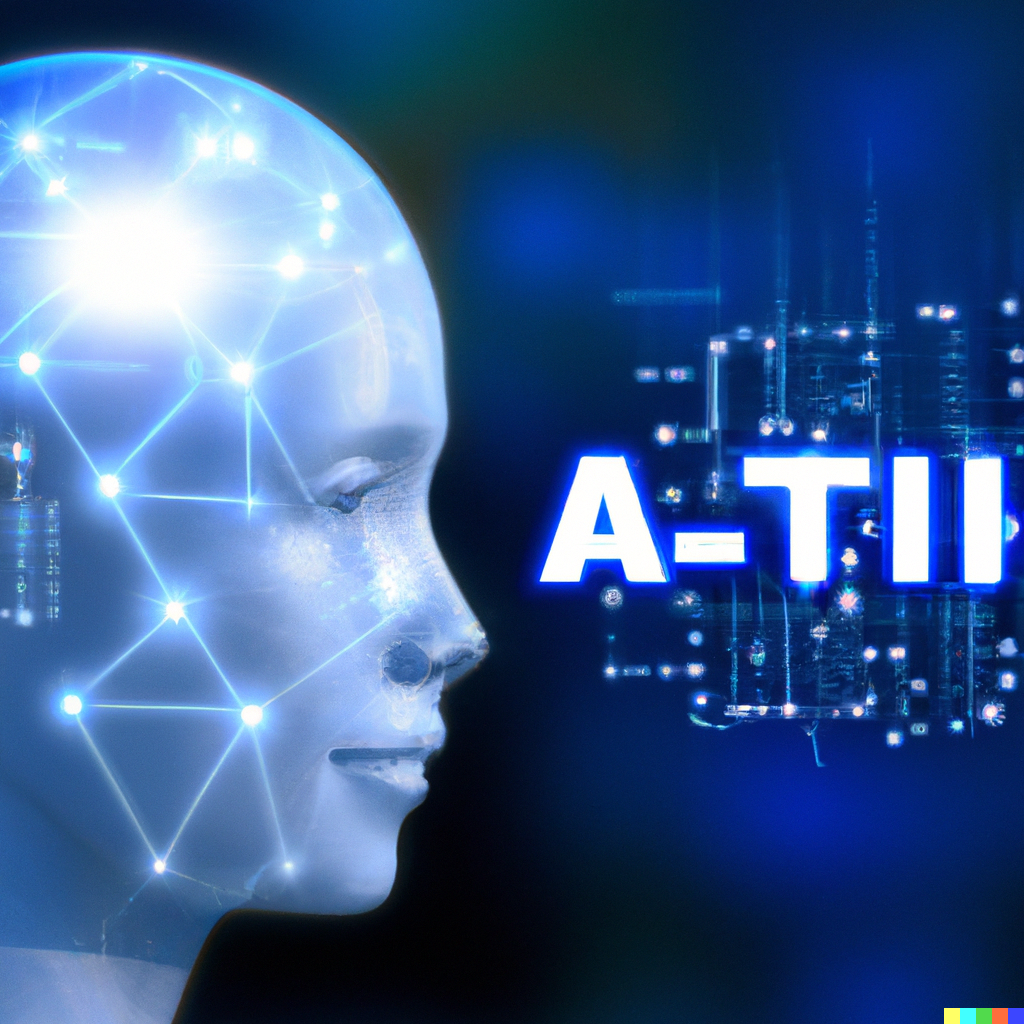This article explores the evolution, applications, challenges, and future of Artificial Intelligence (AI). It highlights AI's journey from its early beginnings to its current role in industries like healthcare, finance, and automotive. The article also discusses ethical concerns, job displacement, and the potential of AI advancements such as Explainable AI and Quantum AI.
Artificial Intelligence (AI) has transformed from a futuristic concept into a present-day reality, influencing almost every aspect of human life. From automating mundane tasks to driving scientific discoveries, AI is reshaping industries, enhancing efficiencies, and redefining how we interact with technology. In this article, we will explore the evolution of AI, its current applications, its challenges, and what the future holds.
The Evolution of AI
The concept of AI dates back to ancient history, where myths and stories spoke of artificial beings endowed with intelligence. However, AI as a scientific discipline began in the mid-20th century. Key milestones in AI evolution include:
- 1950s-1960s: The Birth of AI
- Alan Turing proposed the Turing Test to measure machine intelligence.
- John McCarthy coined the term "Artificial Intelligence" in 1956.
- Early AI programs focused on problem-solving and symbolic reasoning.
- 1970s-1980s: The AI Winter
- Due to limited computational power and funding, AI research faced setbacks.
- Expert systems emerged, simulating human decision-making in specialized domains.
- 1990s-2000s: Machine Learning Revolution
- The advent of the internet fueled data-driven AI approaches.
- IBM’s Deep Blue defeated world chess champion Garry Kasparov in 1997.
- AI began integrating into consumer products, such as search engines and recommendation systems.
- 2010s-Present: Deep Learning and AI Boom
- Breakthroughs in deep learning enabled AI to surpass human capabilities in tasks like image and speech recognition.
- AI-powered assistants like Siri, Alexa, and Google Assistant became household names.
- AI is now widely used in healthcare, finance, automotive, and other industries.
Current Applications of AI
AI is now a part of everyday life, providing solutions across diverse industries:
1. Healthcare
- AI assists in medical imaging, drug discovery, and personalized treatment plans.
- Chatbots and virtual assistants enhance patient support and diagnostics.
2. Finance
- AI algorithms detect fraudulent transactions and assess credit risks.
- Robo-advisors provide personalized investment recommendations.
3. Automotive
- AI powers autonomous vehicles and enhances driving safety.
- Predictive maintenance helps prevent vehicle breakdowns.
4. Retail and E-commerce
- AI-driven recommendation systems improve customer experience.
- Chatbots and virtual assistants handle customer queries efficiently.
5. Entertainment and Media
- AI generates content, enhances video editing, and personalizes user experiences.
- AI-driven analytics help predict trends and optimize ad placements.
Challenges and Ethical Concerns
Despite its immense potential, AI presents challenges that must be addressed:
- Bias and Fairness: AI systems can inherit biases from training data, leading to unfair outcomes.
- Job Displacement: Automation threatens certain jobs, necessitating workforce reskilling.
- Privacy Concerns: AI-driven data collection raises concerns about personal privacy.
- Security Risks: AI-powered cyberattacks and deepfakes pose security threats.
- Ethical AI Development: Ensuring responsible AI development requires regulatory frameworks and ethical guidelines.
The Future of AI
The future of AI is promising, with several key developments on the horizon:
- Explainable AI (XAI): Efforts are being made to develop AI systems that provide transparent decision-making processes.
- AI and Human Collaboration: AI will augment human intelligence rather than replace it, enhancing productivity and innovation.
- Quantum AI: Quantum computing has the potential to revolutionize AI capabilities by solving complex problems faster.
- General AI: Research is underway to create AI with human-like reasoning and problem-solving abilities.
Conclusion
Artificial Intelligence is no longer just a futuristic concept; it is a driving force behind global transformation. While AI continues to push boundaries, ethical considerations and responsible development must remain a priority. The coming years will likely see even greater AI advancements, bringing new opportunities and challenges alike. As AI evolves, so too must our approach to integrating it into society for the benefit of all.
